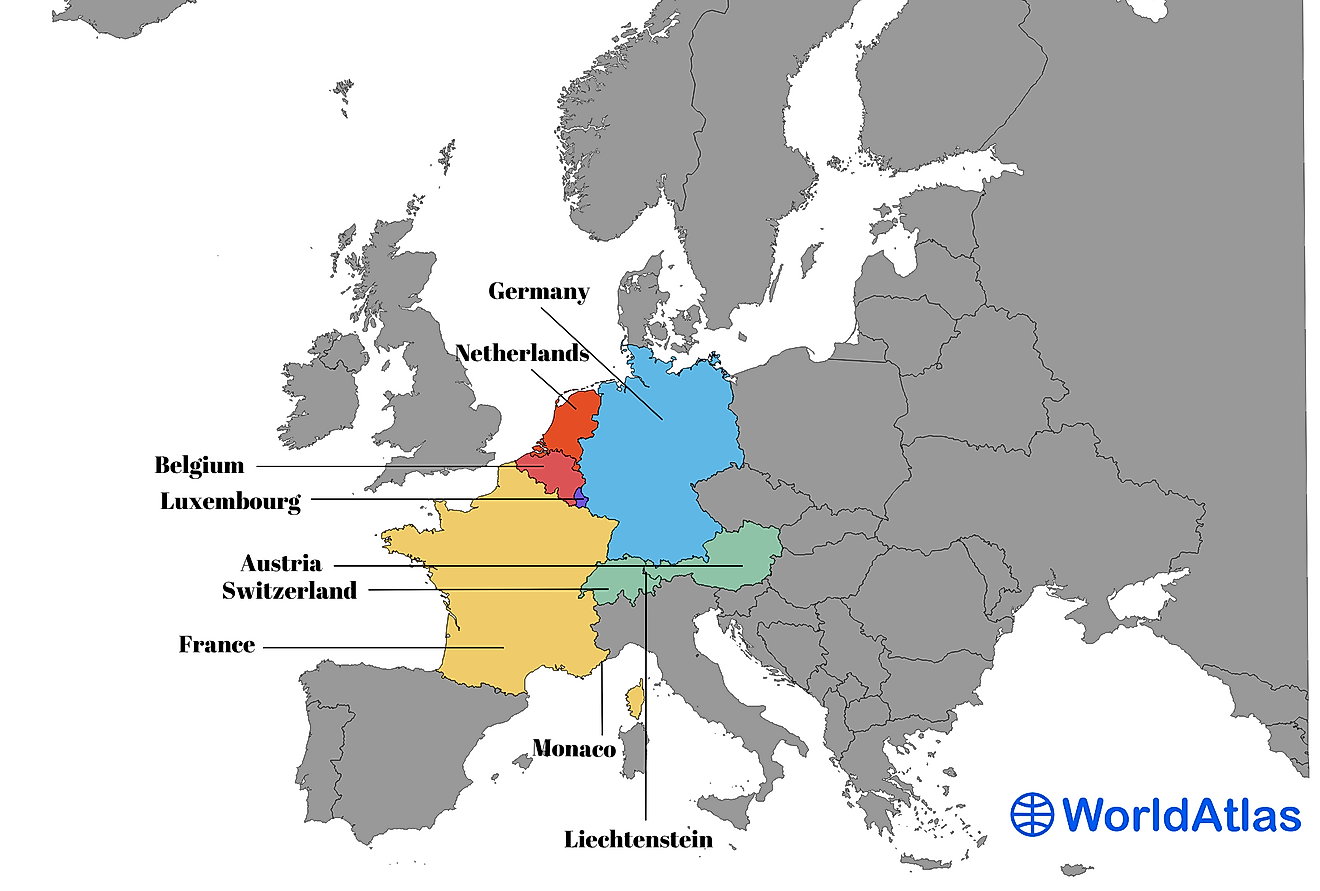How Many Natural Lakes Are in Texas?

Natural lakes in Texas are few, basically due to the terrain of the region. Nevertheless, there exist a few natural lakes commonly referred to as oxbow lakes. Natural lakes in Texas are not popular and access to some is restricted. Most of the lakes are on the eastern side of the state and are mainly formed from rivers. They were formed after a section of water which was part of the main river was left isolated after course of the river shifted. The famous natural lake is the Caddo.
Caddo Lake
The most popular natural lake in Texas is Caddo Lake. The lake formed as a result of log jam along Red River. Lake Caddo, which occupies approximately 10,300 hectares (25,400 acres), is located near the border of Texas with Louisiana. The lake derived the name from the Caddoans people who inhabited the region until they were moved away in the 19th century.
Formation
The geologist’s explanation is that the lake came into being either cumulatively or catastrophically by the Great Raft. Flooding of water on a flat basin of land along a river led to its formation. Cottonwood trees grew to form a natural barrier on the Red River making water form into a lake. The water accumulated upwards and the wall whose strength was increased by debris carried along by the river and a clot made of fallen trees led to the enlargement of the lake.
Alterations in the Lake
The lake existed as a natural formation until 1873 when the great raft was blasted by the US military, leading to water flowing downwards with the lake subsequently drying and forming a swamp. However, in 1914 a manmade concrete dam was erected causing the water to accumulate again land forming the lake as we know it today.
Threats to the Lake
The water levels of the lake are dwindling very fast after the lake was invaded by an aquatic weed known as the Salvinia Molesta. The weed, which was introduced by boat riders, grows very fast consuming a lot of water and endangering aquatic creatures. The growth rate and spread of this noxious fern is high in the Louisiana region. Efforts to eliminate the weed, both biologically and chemically, have not been successful this far.
Other Natural Lakes in Texas
The Green Lake, located in Calhoun County east of River Guadalupe, covers more than 10,000 acres (40 km²). The lake derives its name from its greenish water. Despite being located less than 4.8 kilometers (3 miles) from the coast near San Antonia Bay, the lake has fresh water and supports aquatic life. However, human invasion has disrupted the natural ecosystem. The Lake is currently shallow, silt-filled, and almost a lifeless pool.
Eagle Lake is located in the coastal area of Colorado County near Colorado River. Water levels have shrunk hindering the thriving of flora and fauna. Occupying almost 1,500 acres, the oxbow lake has seen the diminishing number of fish species, wintering waterfowl, and other species of plant largely because the lake is a private property.
There are also scores of natural lakes located in the flood-prone plains of Brazos, Trinity, Colorado, San Jacinto, and Sulphur rivers. Their size ranges from a few acres to a thousand acres and is largely oxbow lakes.











